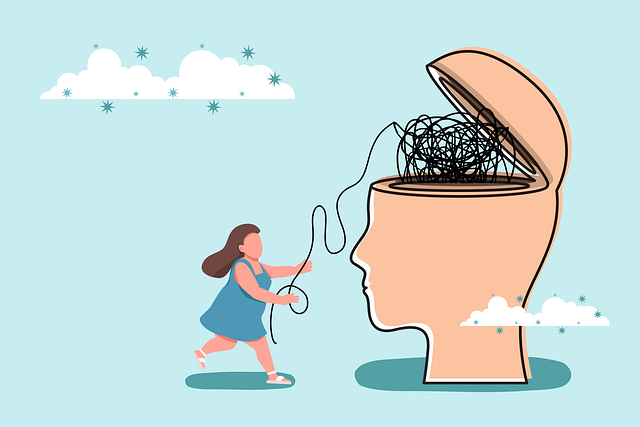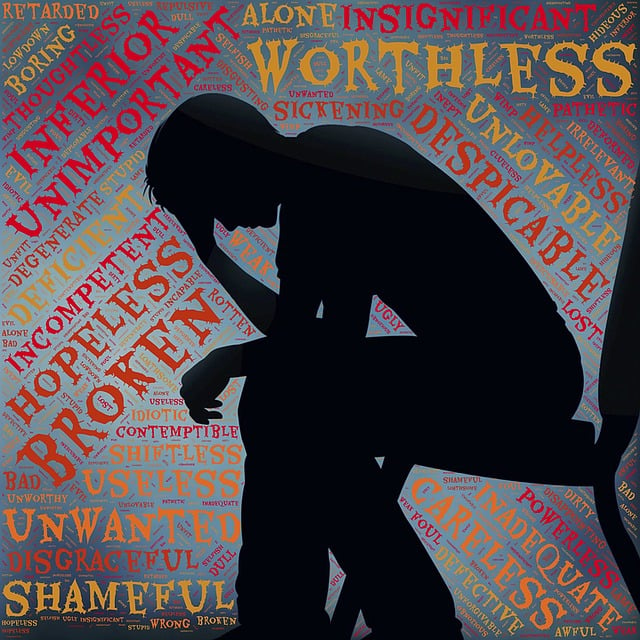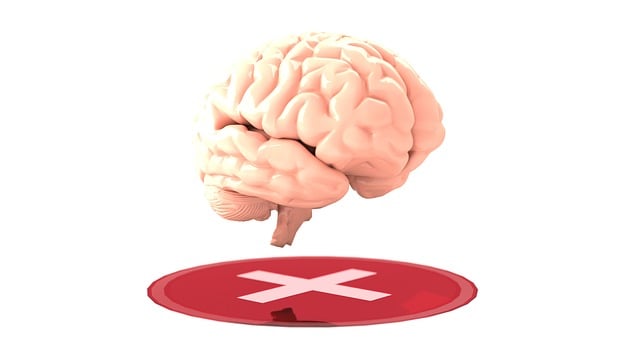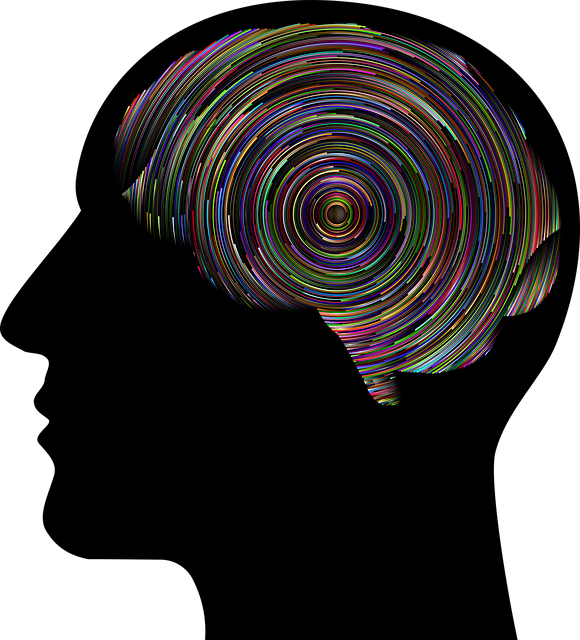Postpartum depression (PPD) is a hidden yet severe mental health issue in new mothers, characterized by intense sadness, anxiety, and sleep disturbances. Early detection is crucial, with community outreach programs educating, screening, and providing support networks. Integrating therapy, stress reduction techniques, and counseling empowers mothers to overcome PPD. Tailored educational modules for PPD awareness, including interactive sessions, case studies, and peer support, offer evidence-based practices like therapy for adults with PPD to break stigma and improve outcomes.
Mental health education programs play a pivotal role in fostering well-being, especially for new parents grappling with postpartum depression (PPD). This article delves into strategic program design, focusing on integrating therapy and creating effective educational modules. We explore the profound impact of PPD on adults, highlighting symptoms to enhance awareness. By incorporating evidence-based therapies into adult education, we can equip individuals with coping strategies and promote early intervention. Through tailored curriculum design, we aim to revolutionize mental health support, making it accessible and supportive for those affected by PPD.
- Understanding Postpartum Depression: Symptoms and Impact on Adults
- Integrating Therapy into Adult Education Programs for Mental Health Support
- Designing Effective Educational Modules for Postpartum Depression Awareness and Management
Understanding Postpartum Depression: Symptoms and Impact on Adults

Postpartum depression (PPD) is a common yet often undiagnosed mental health condition that affects new mothers. It’s more than just feeling sad or exhausted; PPD can significantly impact an adult woman’s ability to function in her daily life. Symptoms may include intense sadness, anxiety, irritability, and difficulty sleeping, often accompanied by physical symptoms like fatigue and changes in appetite. These feelings can be overwhelming and persist for weeks or even months after childbirth, hindering a new mother’s capacity to care for herself and her baby.
Early recognition is crucial for effective therapy for adults with PPD. Community outreach programs aimed at education and screening can play a vital role in identifying at-risk individuals. By promoting awareness about the condition and available support systems, these initiatives encourage women to seek help. Additionally, integrating stress reduction methods and fostering inner strength development through counseling or support groups can empower new mothers to navigate this challenging period.
Integrating Therapy into Adult Education Programs for Mental Health Support

Integrating therapy into adult education programs offers a promising approach to addressing mental health concerns, particularly among postpartum depression sufferers. These programs can serve as an accessible gateway to support, providing a safe space for adults to explore and manage their emotional well-being. By incorporating therapeutic practices into educational settings, we move beyond traditional teaching methods, acknowledging that learning extends beyond the classroom. This holistic approach recognizes the interconnectedness of mental, physical, and emotional health.
The focus on therapy within adult education can be tailored to specific needs, such as postpartum depression, where specialized support is crucial. Through group discussions, individual counseling sessions, or even mindfulness workshops, participants gain valuable tools for emotional regulation and building confidence. These strategies not only enhance public awareness campaigns but also empower individuals to take charge of their mental health. By fostering an environment that encourages open conversations about mental health challenges, we can break down stigma and promote early intervention, ultimately leading to better outcomes for those seeking support.
Designing Effective Educational Modules for Postpartum Depression Awareness and Management

Designing educational modules for postpartum depression (PPD) awareness and management requires a nuanced approach to ensure effectiveness. These modules should be structured to provide comprehensive understanding, practical skills, and supportive spaces for new parents. Incorporating evidence-based practices such as therapy for adults with PPD, crisis intervention guidance, and emotional intelligence training can significantly enhance the program’s impact. By teaching participants conflict resolution techniques tailored to family dynamics, these programs empower them to navigate the challenges of parenthood with greater resilience.
The content should be delivered through interactive sessions that foster open dialogue and encourage peer support. Incorporating real-life case studies and personal narratives from parents who have experienced PPD can make the learning experience more relatable and memorable. Additionally, integrating resources for ongoing support post-program is crucial, ensuring that participants feel equipped to manage their mental health journey continuously.
Mental health education programs play a pivotal role in fostering awareness and providing support, especially regarding postpartum depression (PPD). By integrating therapeutic elements into adult education, we can effectively teach individuals about PPD’s symptoms, impact, and management strategies. The designed modules should be comprehensive, covering various aspects of PPD while offering practical tools for coping. Encouraging open discussions and utilizing interactive approaches can enhance learning outcomes. Implementing these structured programs ensures that adults suffering from PPD receive the necessary care and resources, ultimately improving their mental health and overall well-being.









